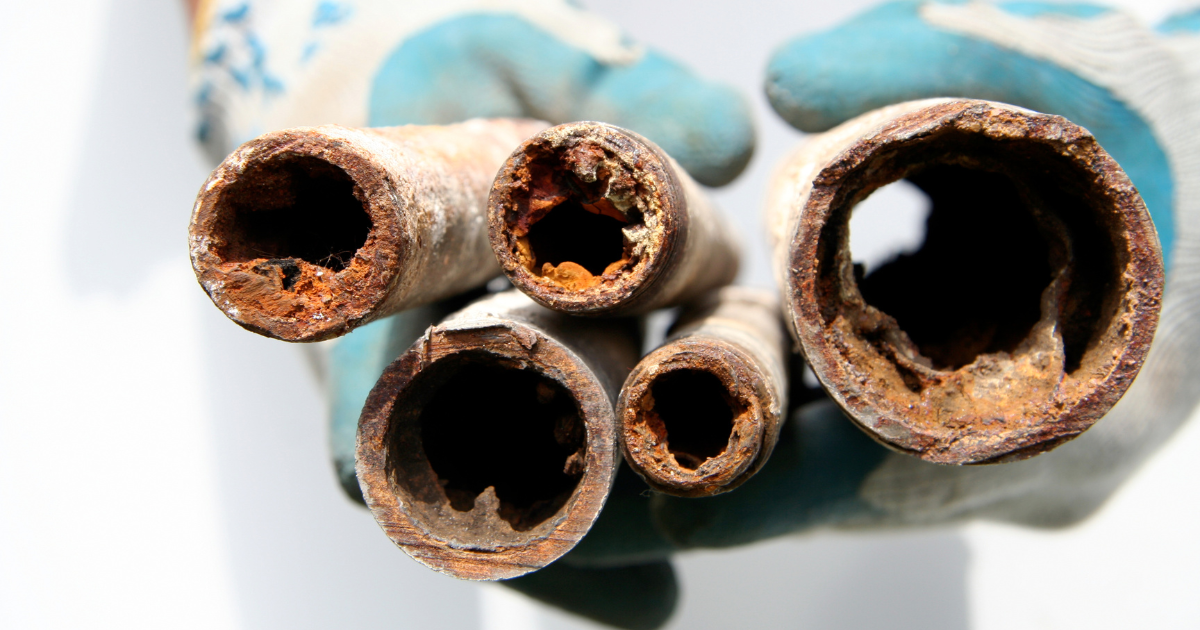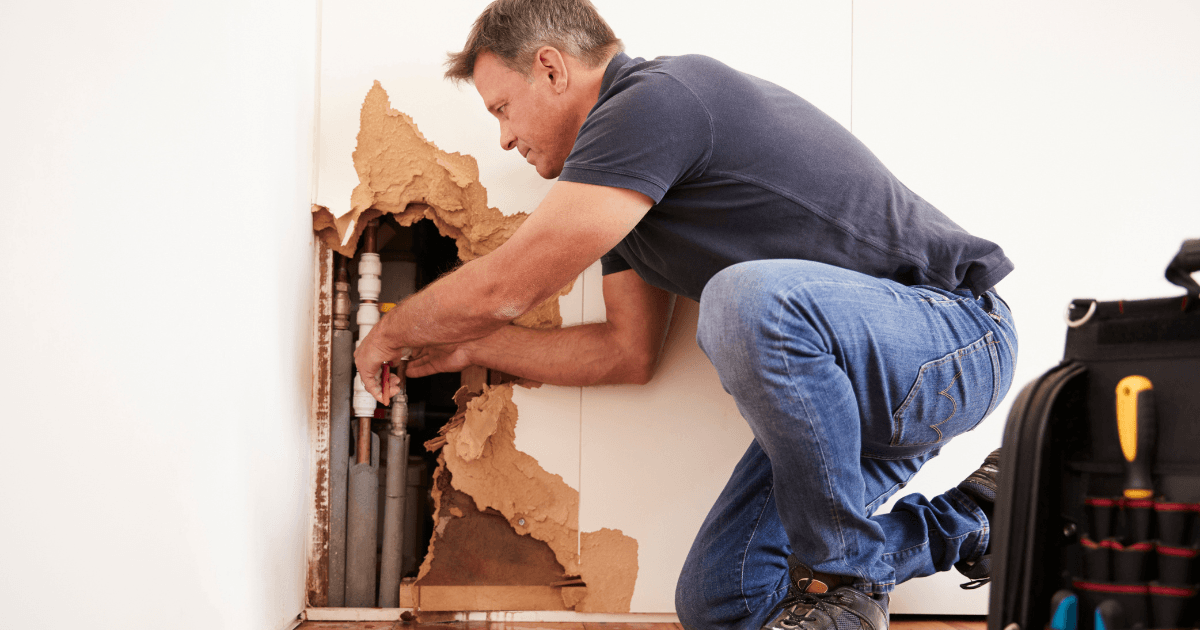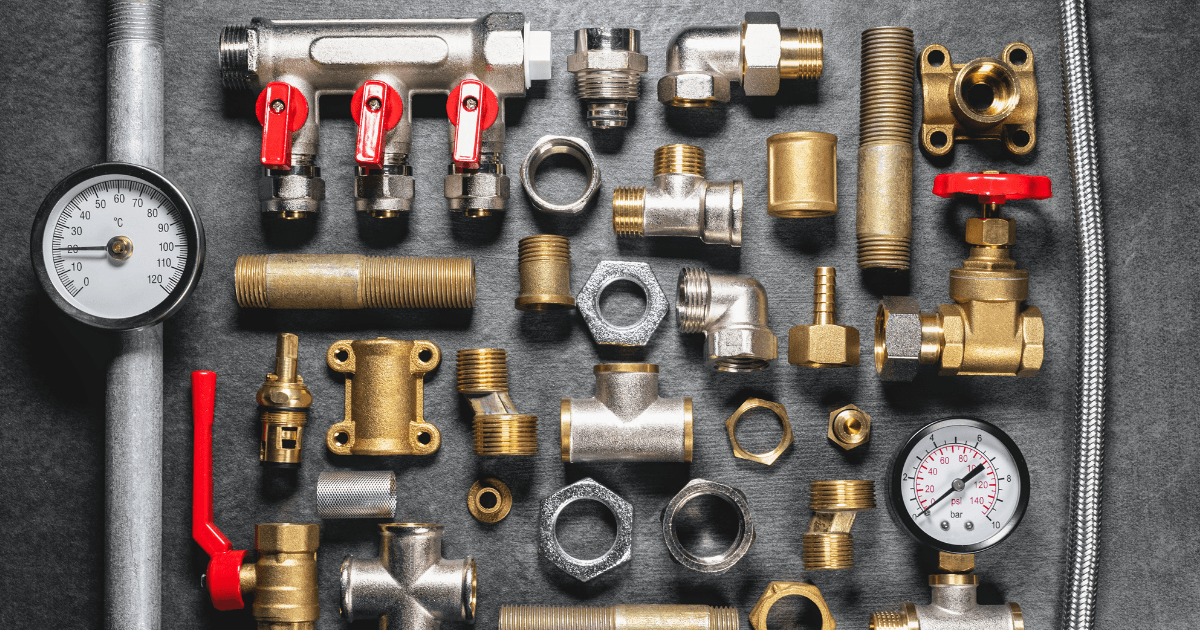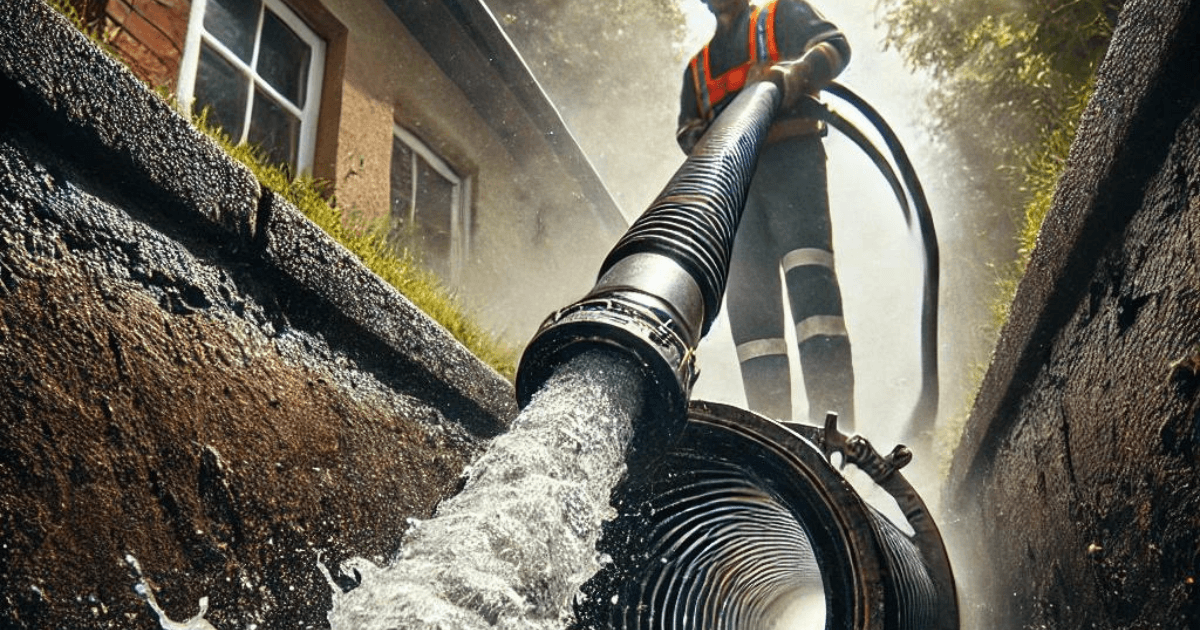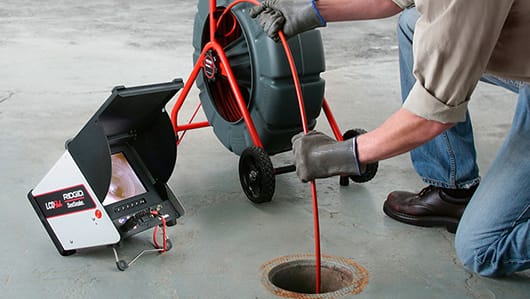Every homeowner has faced the dreaded clogged drain at some point. The water backs up, the sink or tub fills with murky water, and frustration sets in. While clogs might seem like isolated incidents, they’re often the result of common and preventable causes. Understanding these causes is crucial to keeping your drains running smoothly and your plumbing system healthy. In this article, we’ll break down the root causes of drain clogs from a first-principles perspective and provide actionable, innovative solutions that go beyond the typical advice. This will reshape how you view your home’s drainage system, helping you avoid costly repairs and reduce environmental impact.
The Fundamental Mechanism Behind Clogged Drains
At its core, a drain is designed to carry wastewater from your home to the main sewer system. The key principle here is fluid dynamics: water, as a liquid, flows freely through pipes designed to channel it. However, the reality is that drains also carry a wide variety of non-liquid materials, many of which don’t flow as easily as water. Over time, this leads to accumulation, friction, and eventual blockage.
The core assumption most people have is that as long as water goes down the drain, everything is functioning properly. But this overlooks the gradual build-up happening within the pipes—a build-up that slowly restricts water flow until a full blockage occurs. If we can deconstruct this assumption and view the drain as more than just a one-time pathway for water, the importance of regular maintenance becomes clear.
Top Causes of Drain Clogs: What You Need to Know
1. Grease and Fat Build-Up
Grease and fat are among the most common causes of kitchen drain clogs. Many people assume that because grease is liquid when hot, it will remain so when poured down the drain. However, grease solidifies as it cools, sticking to the walls of the pipes and capturing other debris like food particles, soap scum, and more. Over time, these minor blockages grow into serious obstructions.
How to Prevent: Dispose of grease and fats properly by pouring them into a container and throwing them in the trash once they solidify. Running hot water or soap down the drain afterward doesn’t fully dissolve grease—it merely pushes it further into the pipes where it solidifies again.
2. Hair
Hair is notorious for clogging bathroom drains, especially in showers and sinks. Hair doesn’t dissolve in water, and it easily binds with soap scum and other debris, creating dense clogs. Hair clogs can be deceptively difficult to address because they accumulate over time, often going unnoticed until the blockage is significant.
How to Prevent: Use drain strainers to catch hair before it enters the drain. Clean out the strainer after every shower or use. Regularly pouring hot water down the drain can help flush out any minor hair buildup before it becomes a larger problem.
3. Soap Scum and Product Residue
Soap scum, while seemingly harmless, is another major culprit behind clogged bathroom drains. Soap is made from fats or oils, which can combine with minerals in hard water to form a sticky residue. Over time, this soap scum sticks to the walls of your pipes, narrowing their diameter and making it easier for other debris (like hair) to get stuck.
How to Prevent: Switch to liquid soap if possible, as it’s less likely to form scum than bar soap. Regularly use a natural drain cleaner (such as baking soda and vinegar) to break down soap residue before it has a chance to accumulate. For homes with hard water, installing a water softener can help reduce soap scum buildup.
4. Food Scraps
Many people assume that food waste can go down the kitchen sink, especially when using a garbage disposal. However, starchy foods like pasta, rice, and potato peels expand with water and create a thick paste that clogs drains. Coffee grounds, despite being small, tend to clump together and cause similar issues.
How to Prevent: Use a mesh strainer in your kitchen sink to catch food particles before they go down the drain. Avoid disposing of fibrous or starchy foods like pasta, potato peels, or coffee grounds in the sink, even if you have a garbage disposal. Compost food scraps or dispose of them in the trash.
5. Mineral Buildup from Hard Water
Homes with hard water face an additional challenge: mineral deposits. Over time, calcium and magnesium in hard water can accumulate inside your pipes, reducing the flow of water and creating a rough surface where soap scum and other debris can stick.
How to Prevent: If you live in an area with hard water, consider installing a water softener to reduce the amount of mineral buildup in your pipes. Regular descaling treatments can also help break down mineral deposits before they cause serious issues.
Preventive Measures: Rethinking Drain Maintenance
The key to preventing clogs isn’t just responding to them when they occur—it’s maintaining your drains proactively. From a first-principles perspective, the goal is to reduce friction within the pipes by keeping the internal surfaces smooth and unobstructed.
1. Use Drain Strainers
This is one of the simplest yet most effective ways to prevent clogs. Strainers catch hair, food particles, and other debris before they enter the drain, reducing the chances of a buildup. Think of it as installing a “gatekeeper” that only allows liquids to pass through, keeping solids from clogging the system.
2. Regular Flushing
Periodically pouring hot water down your drains can help dissolve minor buildups of grease and soap scum. You can enhance this by flushing with a mixture of baking soda and vinegar, which reacts to break down organic matter and neutralize odors.
3. Professional Hydro-Jetting
For a more comprehensive solution, consider hydro-jetting. This professional method uses high-pressure water to clean the interior walls of your pipes, removing grease, soap scum, and even mineral deposits. Hydro-jetting is the equivalent of giving your pipes a deep clean, ensuring that no buildup remains to restrict water flow.
The Economic and Environmental Case for Preventive Maintenance
Preventing clogs isn’t just about avoiding the inconvenience of a blocked drain—it’s about safeguarding your home and your wallet. Emergency plumbing services can be costly, often far exceeding the price of regular maintenance.
From an environmental perspective, avoiding chemical drain cleaners is critical. Most store-bought cleaners contain harsh chemicals that can damage both your pipes and the environment. These chemicals are flushed into the sewer system, where they can harm aquatic ecosystems and contaminate water supplies.
By adopting eco-friendly practices like hydro-jetting or using natural cleaners, you not only protect your home’s plumbing system but also minimize your environmental footprint.
Conclusion: Shifting to a Proactive Approach to Drain Health
Most homeowners approach drain maintenance from a reactive standpoint—waiting for a clog to occur before taking action. But by adopting a preventive mindset, you can reduce the frequency of clogs, extend the lifespan of your plumbing system, and avoid costly repairs. Understanding the fundamental causes of drain clogs allows you to prevent them before they become problems.
Preventing clogs isn’t just about maintaining clear drains—it’s about protecting your home’s infrastructure and contributing to a healthier environment. So, whether you start with simple solutions like strainers or invest in professional services like hydro-jetting, the key is consistency. By regularly maintaining your drains, you’ll ensure they continue to function efficiently for years to come.
FAQ: Preventing Drain Clogs
What is the best way to prevent kitchen drain clogs?
The best way to prevent kitchen drain clogs is to avoid pouring grease or fat down the sink. Use a strainer to catch food particles, and dispose of cooking grease in the trash rather than down the drain.
Can natural cleaners really prevent clogs?
Yes, natural cleaners like baking soda and vinegar can help prevent clogs by breaking down grease and organic matter that accumulate in the pipes. Regular use of natural cleaners can keep your drains clear without the need for harsh chemicals.
Is hydro-jetting safe for all pipes?
Hydro-jetting is generally safe for most modern plumbing systems, including metal and PVC pipes. However, if you have older or damaged pipes, it’s best to consult with a professional plumber before opting for hydro-jetting.
How often should I clean my drains to prevent clogs?
For most households, regular maintenance such as using strainers and natural cleaners every 3-6 months should suffice. Professional cleaning, like hydro-jetting, is recommended every 1-2 years, depending on usage and the condition of your plumbing system.

